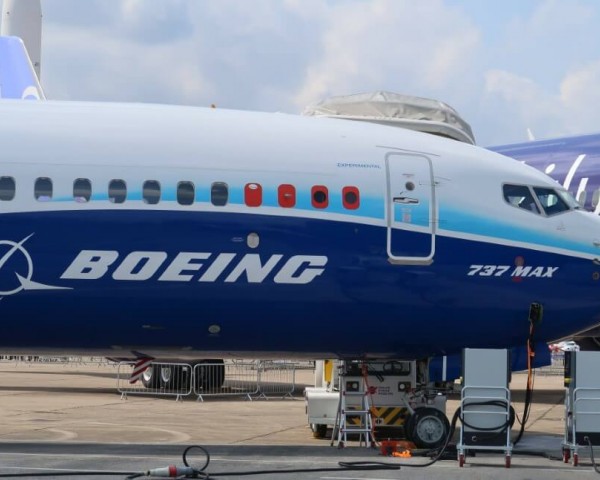Last week, a Boeing 737 aircraft carrying 85 passengers skidded off the runway during take-off at Dakar airport in Senegal and caught fire. The Air Senegal flight, operated by TransAir, was headed to Bamako, Mali, with 79 passengers, two pilots, and four cabin crew members. Ten people were injured and taken to the hospital, while the others were taken to a hotel.
The Senegalese Minister of Transport, El Malick Ndiaye, confirmed Boeing’s accident and provided further details. A Malian musician, Cheick Siriman Sissoko, who was on board the plane, said on Facebook, “Our plane has just caught fire.” He also shared photos of passengers sliding down emergency slides at night as flames engulfed one side of the plane. The plane was eventually surrounded by fireproof foam, and photos show that one of the engines appeared to be broken and a wing was damaged.
This week, Boeing had its third accident: a tire burst during landing at a southern airport in Turkey, resulting in the evacuation of 190 passengers, according to Ankara’s transport ministry.
A Lufthansa Boeing 747-8, carrying 320 passengers and 19 crew members, was flying from Frankfurt to Chicago when it was forced to turn back over the Atlantic due to a suspicious odor on board. Approximately 90 minutes into the flight, the pilots aborted the journey and returned to Frankfurt am Main. Passengers were informed via onboard loudspeakers that they could not reach their destination, and the jumbo jet landed safely in Frankfurt. The plane also carried a bone marrow donation for a patient in the US. All passengers were able to leave the aircraft through the standard doors.
According to a Lufthansa spokesperson, “The Lufthansa flight LH430 en route from Frankfurt to Chicago returned to Frankfurt today as a precautionary measure. The reason was an unidentifiable electrical odor in the cabin. The Boeing 747-8 landed normally in Frankfurt, and all 320 passengers and 19 crew members left the plane as usual.”
Boeing has been facing immense pressure since January 2020, when a door on an Alaska Airlines flight exploded while in mid-flight. Over the years, several issues have emerged, including missing bolts, lost documents, missed company summits, and criminal investigations. In February, the Federal Aviation Administration (FAA) gave Boeing 90 days to address quality problems and meet safety standards.
Recently, a Boeing engineer reported deficiencies in producing the 787 and 777 fuselages in April. A few days ago, the FAA launched an investigation into alleged falsified tests on the 787.












